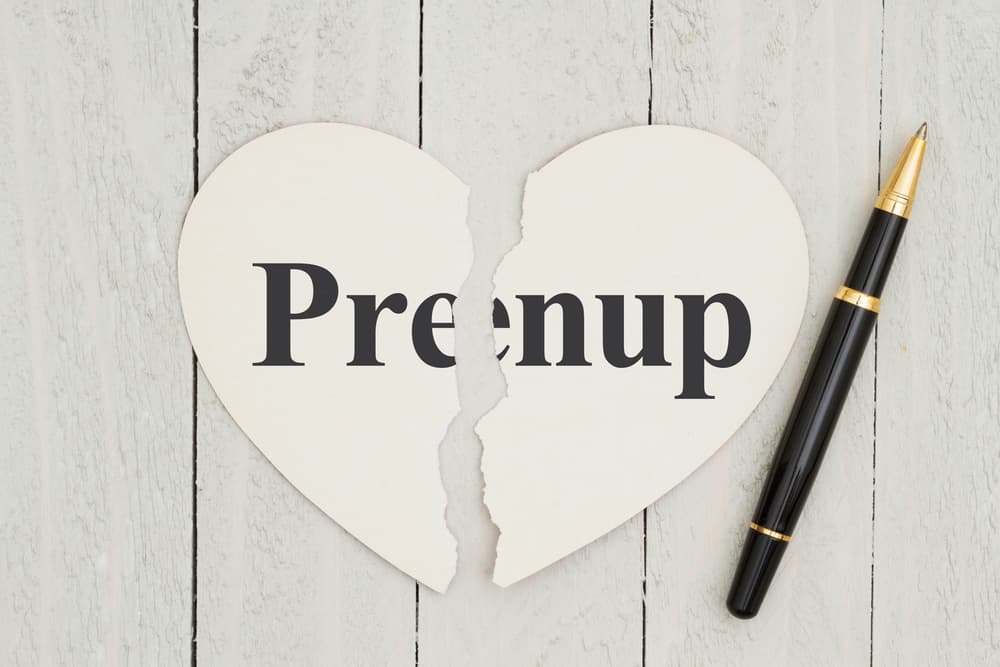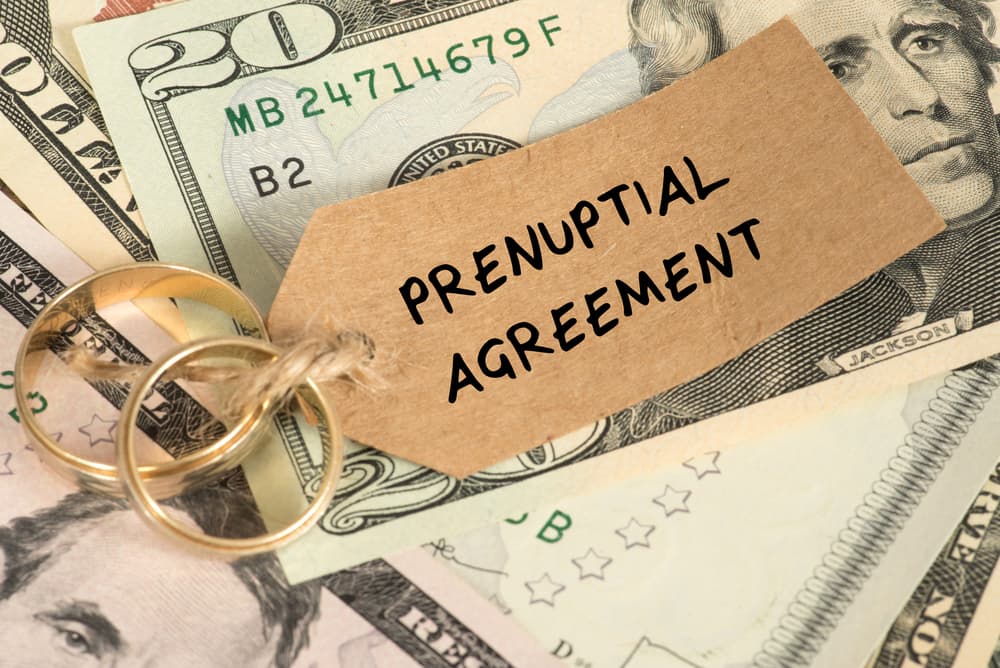
Common Misconceptions about Prenups
Prenuptial agreements have a bad reputation, largely because of common misconceptions. Many believe these agreements are only for the wealthy or that they signal a lack of trust between partners.
In reality, a prenup is simply a practical tool for clarifying financial matters before marriage. Misunderstanding what a prenup does—and doesn’t do—prevents many couples from exploring how it protects both parties.
Here, we break down some of the most common myths about prenups and explain why they might be worth considering for any couple planning to tie the knot. A skilled prenuptial agreement attorney is ready to assist you every step of the way.
Common Misconceptions About Prenups

Despite their benefits, prenuptial agreements are often misunderstood. Let’s clear up some of the most persistent myths surrounding them.
Myth 1: Prenups are only for the wealthy
Many people think prenups only benefit the ultra-wealthy or those with substantial assets.
Prenups protect anyone with financial interests—whether it’s a home, a business, or simply ensuring fair debt allocation.
Couples of all financial backgrounds use prenups to create clear financial boundaries and protect their future.
Myth 2: Prenups show a lack of trust
There’s a belief that bringing up a prenup signals distrust in your partner or doubts about the marriage.
The truth is that a prenup encourages open conversations about finances, which often strengthens the relationship.
Being upfront about financial expectations reduces misunderstandings and conflicts down the line.
Myth 3: Prenups are only useful in case of divorce
While it’s true that prenups outline what happens in a divorce, they serve other purposes as well.
Prenups clarify how to handle debts, manage shared expenses, and protect assets in case of death or other unexpected events.
It’s not just about preparing for the worst but also about planning for various financial scenarios during the marriage.
Myth 4: Prenups are unfair and favor one party
A common misconception is that prenups benefit only one spouse, leaving the other at a disadvantage.
Legally, prenups must be fair and entered voluntarily by both parties.
Courts will not enforce agreements that are one-sided or signed under pressure. The goal is to protect both partners’ interests, not to give one an upper hand.
Myth 5: Prenups aren’t enforceable
Some believe that courts routinely throw out prenuptial agreements. In reality, prenups are enforceable as long as they are properly drafted, with full disclosure of assets, and without coercion.
Working with an experienced attorney ensures your prenup holds up in court, protecting both parties as intended.
These misconceptions often deter couples from considering a prenup, but understanding the facts helps make informed decisions that secure your future together.
Benefits of Having a Prenup
Beyond protecting assets, prenuptial agreements offer several practical advantages that set a solid foundation for your marriage.
Here’s why more couples are choosing to create one:
Protects personal and family assets
A prenup ensures that property you owned before the marriage remains yours. It’s imperative if you have a business, investments, or family heirlooms you want to safeguard. It also clarifies how you treat future assets, reducing conflicts over ownership.
Clarifies financial responsibilities
A prenup lets couples outline how they’ll handle finances during the marriage. It sets clear expectations for shared expenses, debt responsibilities, and saving goals. This clarity prevents misunderstandings and financial disputes down the road.
Safeguards future inheritances
For those with children from a previous relationship, a prenup protects their inheritance rights. It ensures that certain assets are preserved for your children, even if you remarry.
Simplifies the divorce process
While no one enters a marriage expecting it to end, having a prenup in place streamlines the divorce process if it does happen.
Offers peace of mind
Knowing that your financial interests are protected provides a sense of security. Couples who take the time to discuss and formalize a prenup often find it strengthens their relationship by fostering honest conversations about their future.
A well-crafted prenup is more than just an insurance policy—it’s a practical step toward a more transparent and secure marriage.
How to Approach the Prenup Conversation with Your Partner

Bringing up the topic of a prenuptial agreement might feel uncomfortable, but having this conversation early on saves misunderstandings later.
Here are some tips for navigating this discussion:
Choose the right timing
Don’t wait until the last minute before your wedding. Bring up the idea of a prenup when you’re both relaxed and can focus on the conversation. Rushing into it under pressure could create unnecessary tension.
Be honest and open
Explain your reasons for wanting a prenup clearly and respectfully. Focus on how it benefits both of you, rather than framing it as a lack of trust. Highlight that it’s a practical way to protect both partners, not just yourself.
Emphasize mutual protection
Make it clear that a prenup is designed to protect both parties fairly. Approach it as a way to plan for unexpected situations rather than something that anticipates failure. Showing how it safeguards both of your interests eases concerns.
Seek legal guidance together
Involve a qualified attorney to guide you through the process. Having separate legal representation ensures that both partners feel their interests are being taken seriously. This step also helps prevent any misunderstandings about the agreement’s fairness.
Stay positive
Frame the conversation as an opportunity to strengthen your relationship by discussing your financial future openly. A prenup lays the groundwork for a healthy marriage built on transparency and trust.
Prenuptial agreements often come with a stigma, but once you cut through the misconceptions, they reveal themselves as a powerful tool for protecting your future together.
Instead of viewing a prenup as a sign of doubt, consider it a testament to your commitment to honest communication and mutual respect.
A well-crafted prenup isn’t about planning for the end—it’s about planning for a healthy, transparent beginning.
If you’re considering a prenup, reaching out to a knowledgeable Lake County family law attorney turns what feels like a difficult conversation into an empowering decision for your relationship.
- Can I Change My Child’s Last Name Without the Other Parent’s Approval? - August 7, 2025
- Can Grandparents Be Awarded Custody of Grandchildren? - August 6, 2025
- Can Custody Agreements Be Changed? - August 5, 2025
